Reading List
ASYMMETRY SUMMER READING LIST – TEAM’S PICK
July 2025
As the long, bright summer days reach their peak in London and our team prepares for an August break, we’ve taken a moment to reflect through reading. Each of us spent time with our library and selected a publication that resonated, one we believe deserves a wider audience. From the latest issue of The Funambulist, the multilingual magazine recognised for its radical, spatially engaged politics, to a quietly compelling publication that archives historic street signage in Shanghai, this selection offers a glimpse into the ideas and values that inspire us, shape our thinking, and inform the work we do.
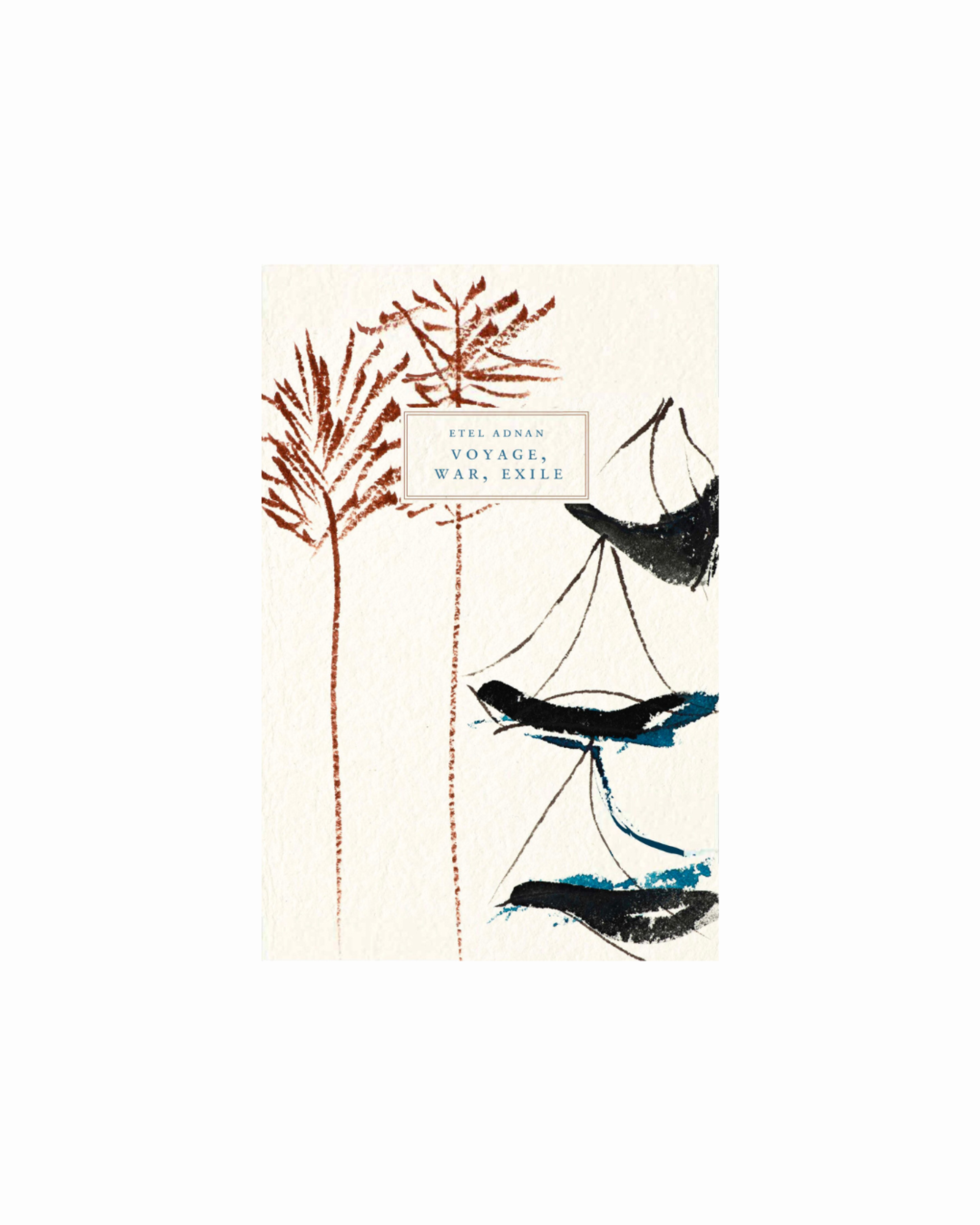
Voyage, War, and Exile, Etel Adnan
Published by Litmus Press, 2025
Part of our 2025 Librarian-in-Residence acquisition, Voyage, War, and Exile gathers three essays by Lebanese-American poet, essayist, and visual artist Etel Adnan, reflecting on a life shaped by war, dislocation, and also by art and poetry. Adnan writes with gentle clarity and simplicity, tracing the intricacies of war, exile, language, family, and the self. This slim book rests lightly in the hand, yet holds the reader tense in its texts, as if caught in a late summer storm - heavy with heat, memory, and unspoken melancholy. In a world still drenched in war and exile, Adnan’s writing feels not only poignant, but achingly relevant.
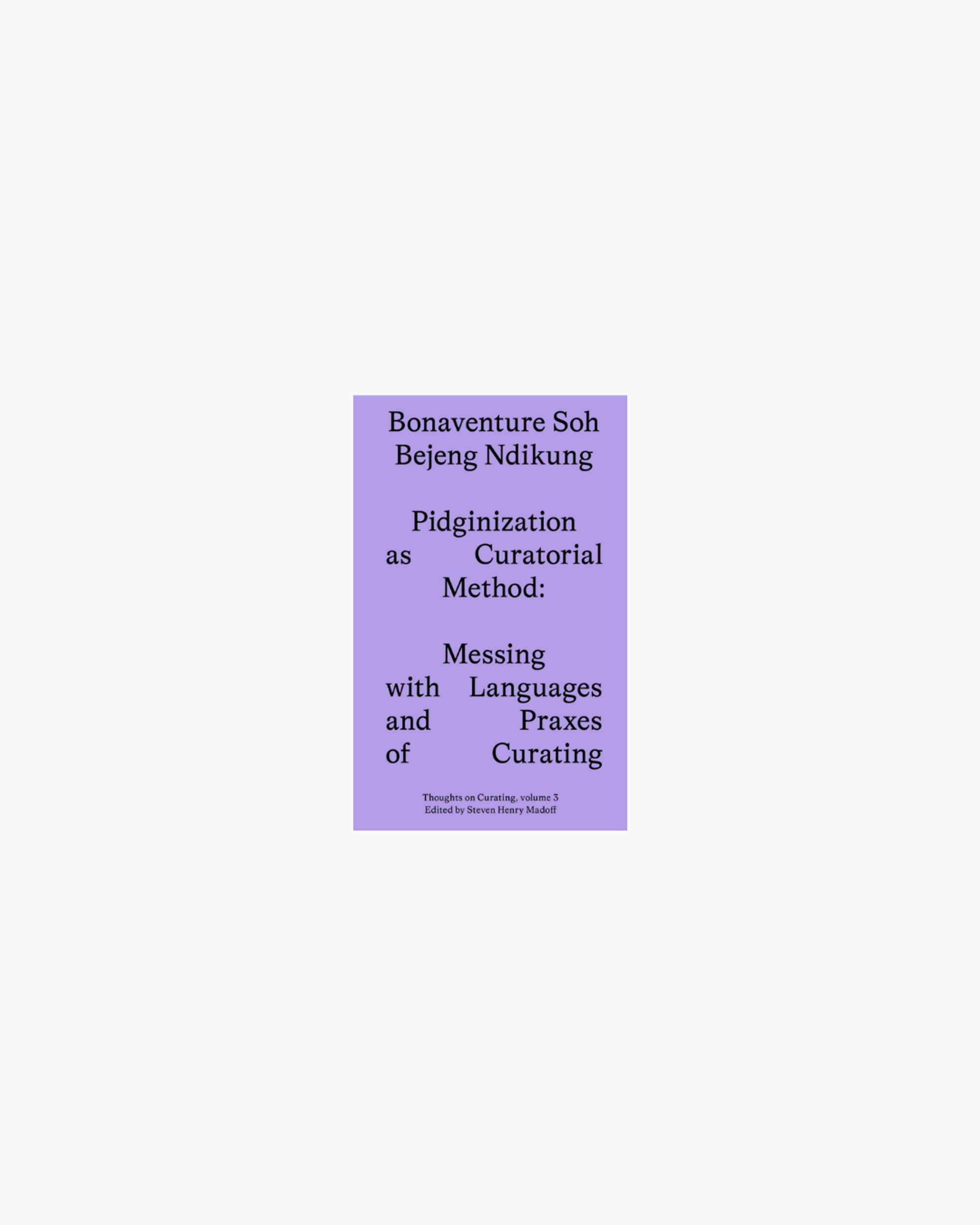
Pidginization as Curatorial Method, Bonaventure Soh Bejeng Ndikung
Published by Sternberg Press, 2023
In Pidginization as Curatorial Method, Bonaventure Soh Bejeng Ndikung, Director of HKW in Berlin, proposes pidginisation as a strategy of resistance. Once dismissed as ‘broken’ or ‘simple’ speech, pidgin is reimagined as a curatorial process that embraces hybridity, subjectivity, and a DIY ethos. In the preface to her zine Get Low, Like Bumpkin Cannon, published by Asymmetry earlier this year, our 2024 Librarian-in-Residence Ye Funa cites ‘pidginisation’ as a form of tǔ pào土炮, advocating for a wayward, subversive approach to art-making in postcolonial contexts.
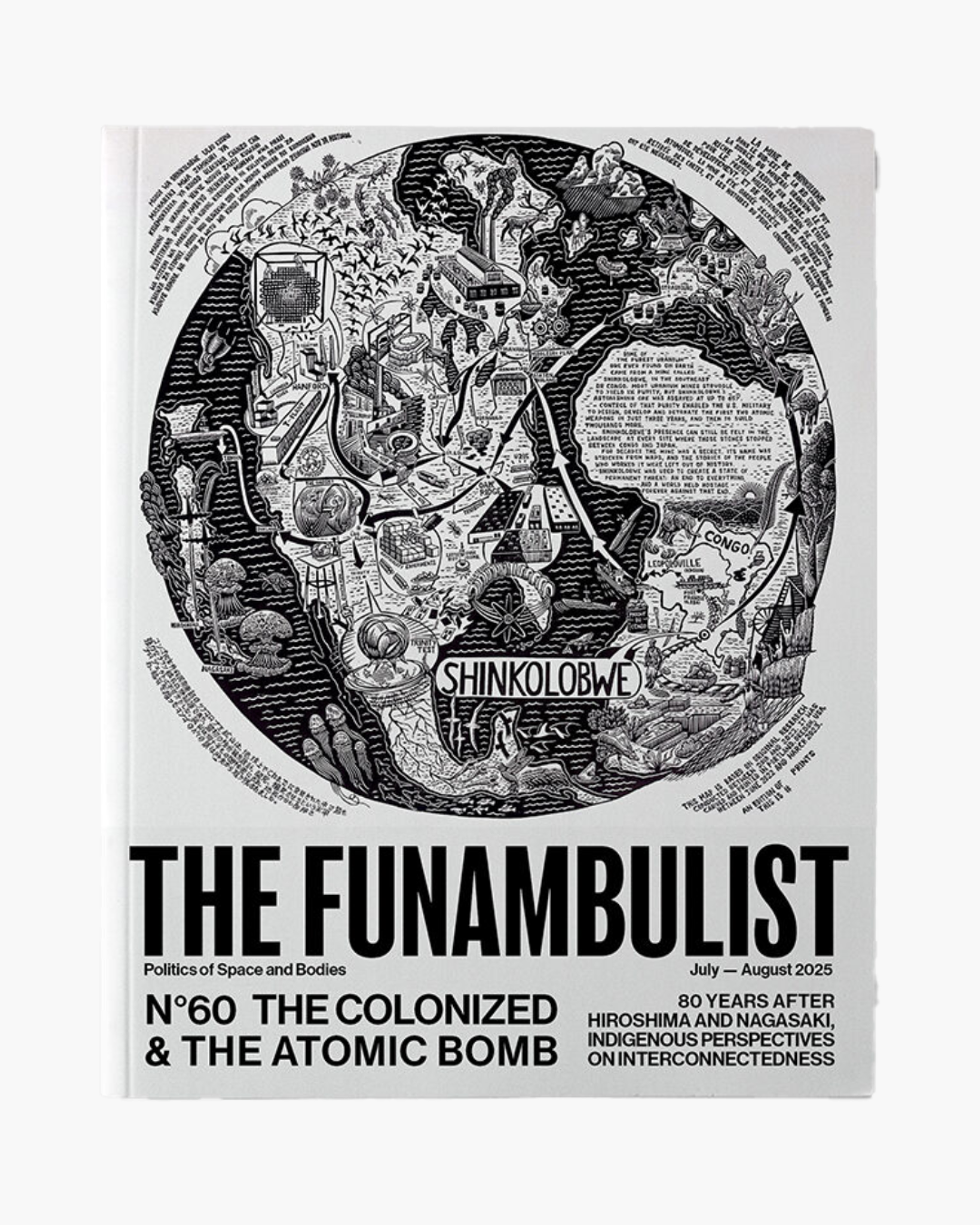
The Funambulist No. 60: The Colonised & The Atomic Bomb
Published by The Funambulist, 2025
The newest issue of The Funambulist No. 60: The Colonized & The Atomic Bomb aptly reflects the publication’s enduring commitment to uncovering the entanglements of imperial violence and resilience - histories and futures that are inseparable from the urgencies of the present. As our library is dedicated to contextualising Chinese and Sinophone arts and culture, we see our role not as siloed or regional, but as part of a broader, interdependent arts ecosystem; one that must remain alert to the shifting conditions that shape cultural production, solidarity, and survival globally.
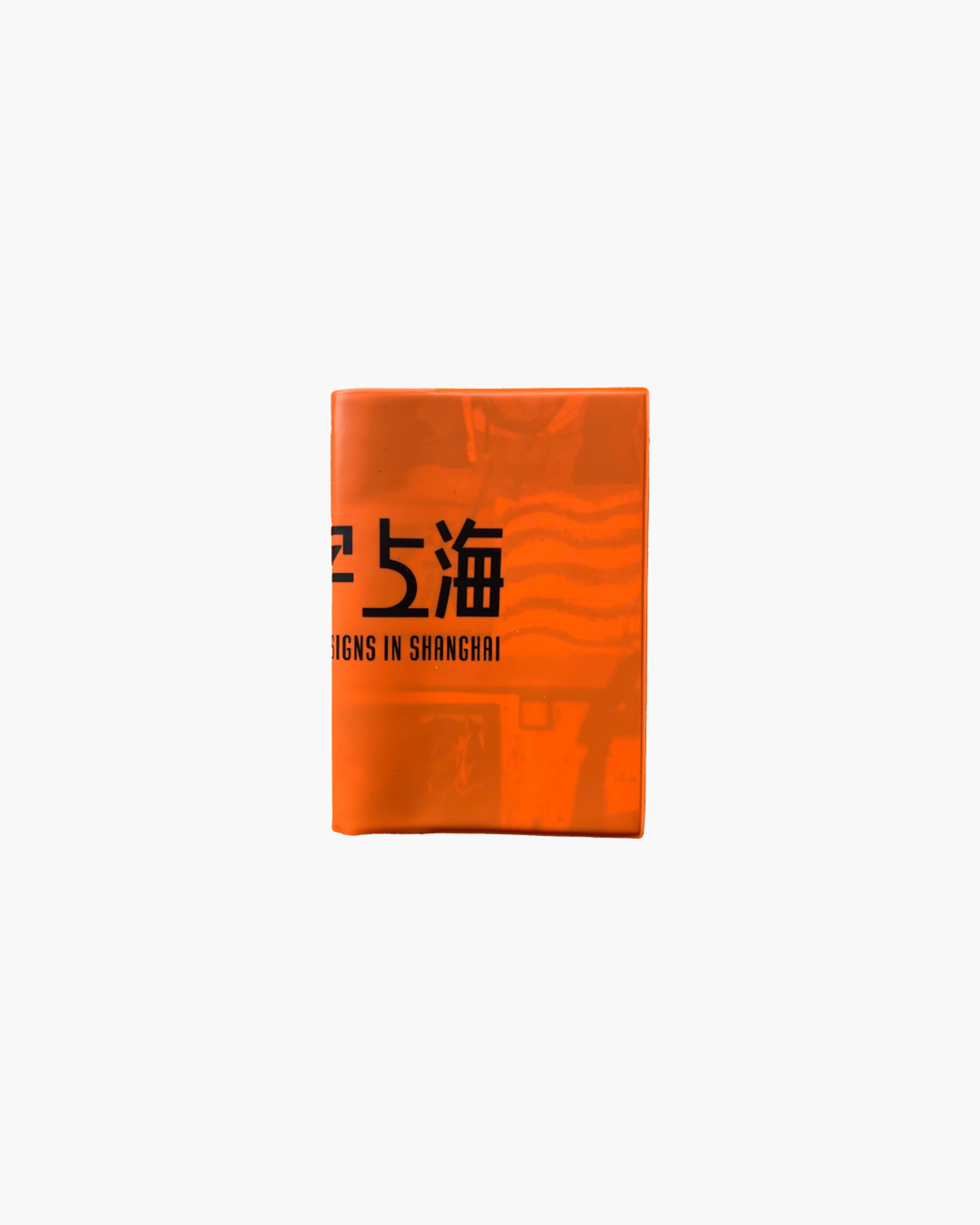
Uncovered Signs in Shanghai 隐字上海
Published by The Type, 2020
This book brings together images by three photographers who captured old signage on the streets of Shanghai. They document traces of the city’s shifting landscape, where the old and the new coexist and collide. Typography here is made a cultural device, carrying visual memories of a disappearing era that has yet to be fully consigned to history, which can perhaps be spotted in every city undergoing rapid modernisation.
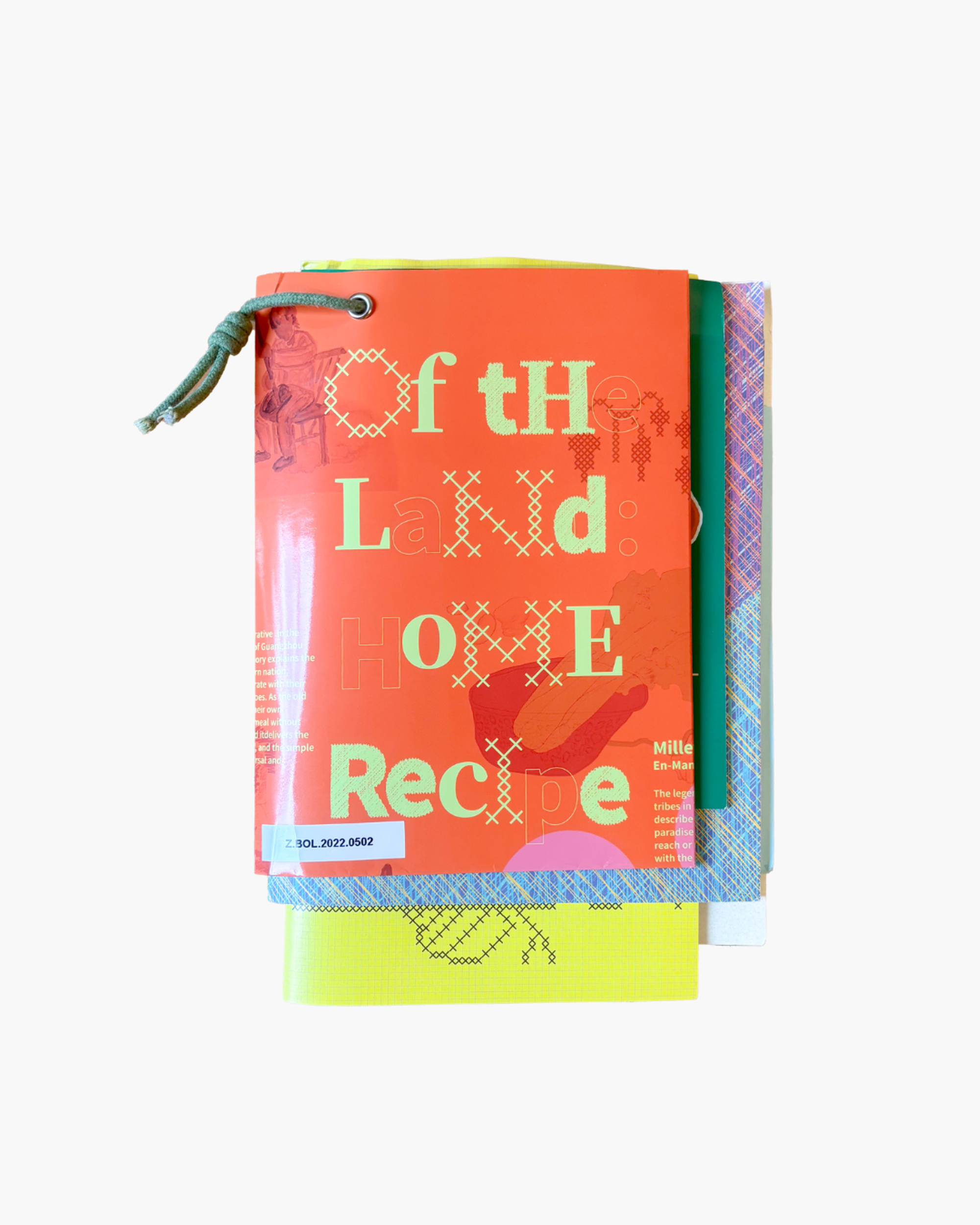
of the land: Home Recipe
Published by BOLOHO, 2022
of the land is a tender, sensory zine that gathers food stories, rituals, and recipes from artists and collectives across the global majority. Rooted in ideas of care, land, and resistance, it offers a nourishing glimpse into how culinary practices can become acts of memory, healing, and solidarity. The colourful pages and uneven, but perfectly balanced, differences in paper size and texture make it an attractive and tactile object - one you’ll find your hand reaching for before your eyes even register the motion.
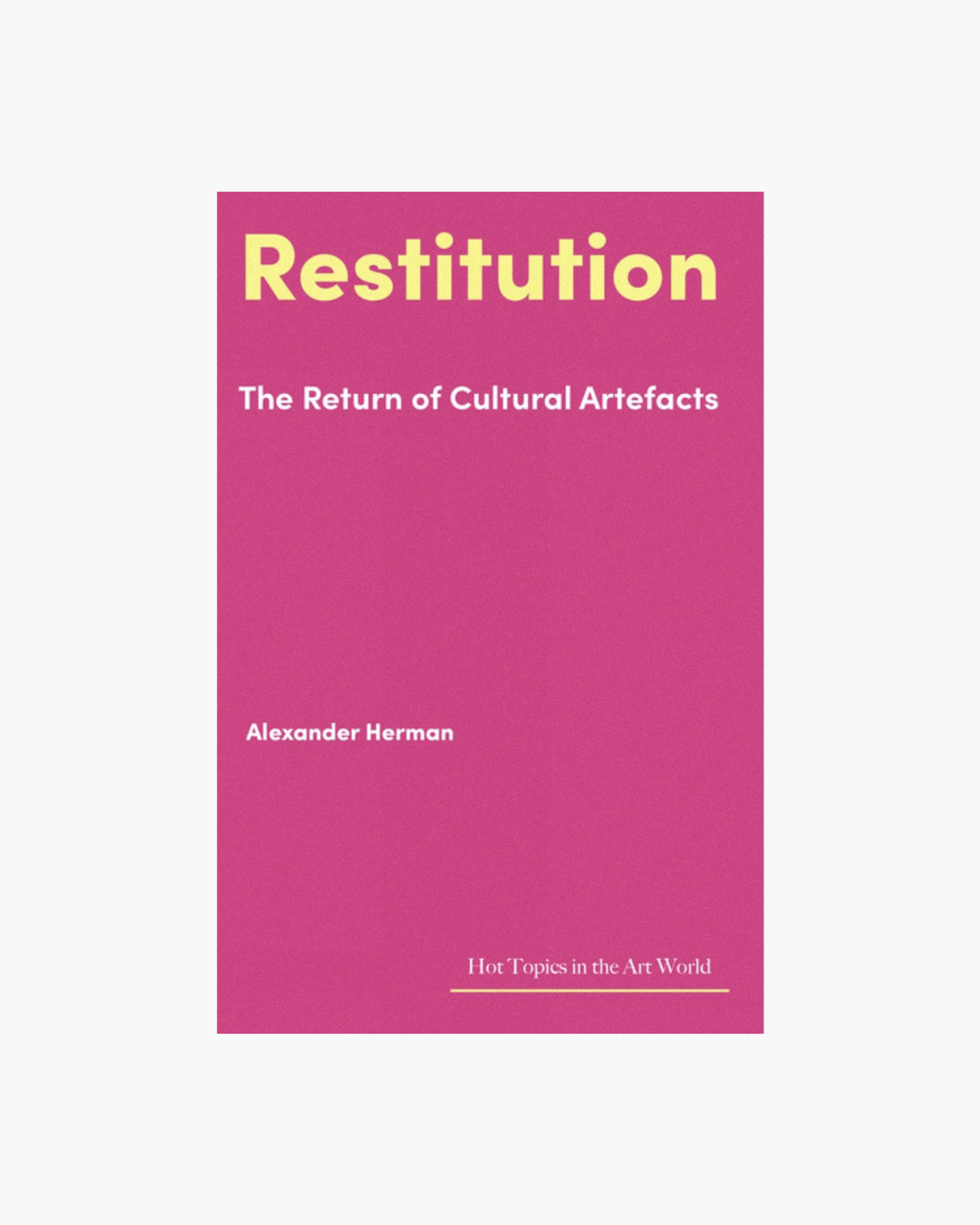
Restitution: The Return of Cultural Artefacts, Alexander Herman
Published by Lund Humphries, 2021
This book explores the global debate around the return of cultural artefacts to their original geographic and cultural locations, and the implications of this shift for the cultural sector. Through legal, ethical, and historical lenses, Herman argues that restitution is not just about repatriation, but also about justice, identity, and healing historical wounds in a shifting museum and cultural landscape.